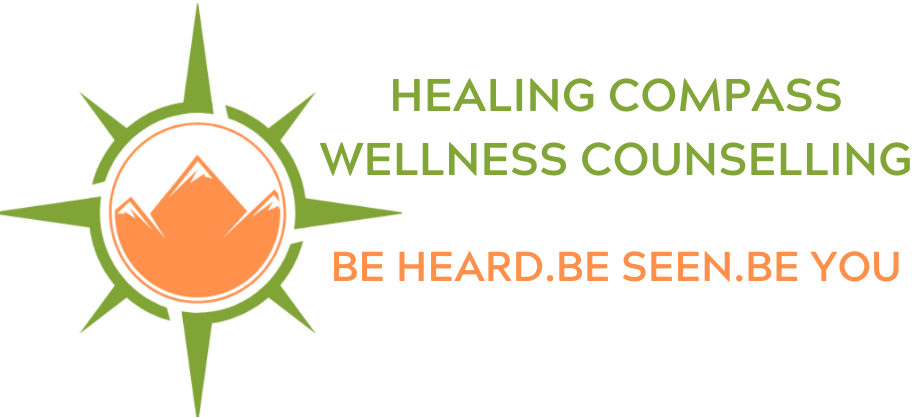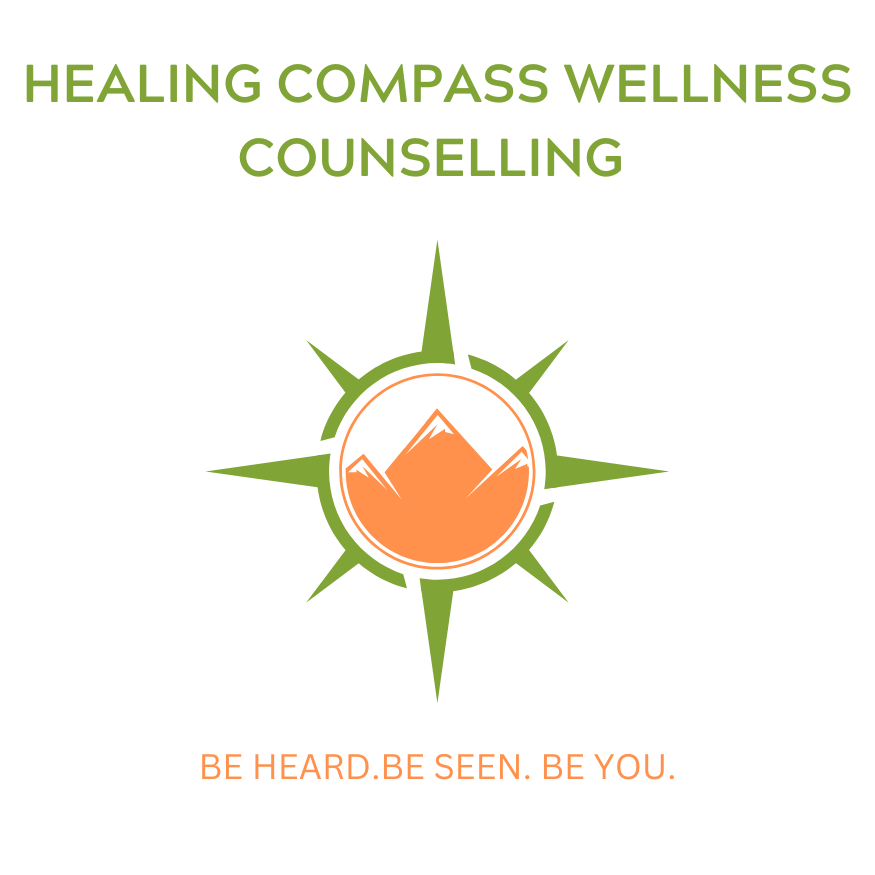
Understanding and overcoming burnout: A wellness counsellors perspective
In today’s fast-paced world, burnout has become a common challenge, affecting everyone from corporate professionals to caregivers, and even students. As a wellness counsellor, I’ve seen of how burnout can creep in unnoticed, eroding both mental and physical health. But what exactly is burnout, and how can we navigate through it to reclaim our well-being?
WHAT IS BURNOUT?
Burnout is not just about being tired, it’s an emotional, mental and physical exhaustion cause by prolonged stress. It often stems from work, but personal life stressors such as family responsibilities or managing relationships can also contribute. Burnout leaves you feeling drained, cynical and detached from your tasks. What starts as over-commitment or ambition can quickly spiral into feeling overwhelmed, trapped, or ineffective.
THE SIGNS YOU’RE EXPERIENCING BURNOUT
Recognizing burnout is the first step towards recovery. Here are some key signs:
- PHYSICAL EXHAUSION
Constant fatigue, even after rest.
- EMOTIONAL DRAINAGE
Feeling emotionally overwhelmed, irritable, or detached
- LACK OF MOTIVATION
Finding it hard to focus or derive satisfaction from tasks you once enjoyed.
- COGNITIVE IMPAIRMENT
Difficulty concentrating, forgetfulness, or indecisiveness.
- NEGLECTING SELF-CARE
Skipping meals, exercise, or sleep due to being ‘too busy’ or feeling apathetic.
THE PSYCHOLOGY BEHIND BURNOUT
Burnout is closely tied to a perceived lack of control. When individuals feel they can’t influence their workload, deadlines, or environment, they lose the sense of agency, leading to feelings of helplessness and fatigue. Additionally, perfectionism, unrealistic expectations, and a constant “need to achieve” can fuel burnout. In our society, productivity is often glorified, while rest is seen as a luxury. This mindset makes us prone to pushing ourselves beyond our limits, ignoring the warning signs our bodies and minds send.
THE PATH TO RECOVERY
Recovering from burnout requires a holistic approach, blending physical, mental, and emotional healing.
- ACKNOWLEDGE AND ACCEPT
The first step is recognizing that you are burned out and giving yourself permission to slow down. Acceptance doesn’t mean surrendering to burnout but rather understanding that you need time to heal.
- SET BOUNDARIES
One of the leading causes of burnout is the inability to say “no”. practice setting clear boundaries at work and in your personal life. Whether it’s declining an extra project or carving out “me time” boundaries are essential for protecting your energy.
- PRIORITIZE SELF-CARE
Often overlooked, self-care is critical in preventing and healing from burnout. Regular exercise, proper nutrition, adequate sleep and mindfulness practices can rejuvenate both body and mind. Even small steps, such as taking breaks during the day, can make a huge difference.
- RECONNECT WITH YOUR PASSIONS
Burnout makes life feel monotonous. Reconnect with the things you love-whether it’s a hobby, spending time in nature, or engaging in creative activities. This will help you rediscover joy and remind you of the meaning outside work or daily responsibilities.
5. SEEK SUPPORT
Whether through a counsellor, trusted friend, or support group, talking about what you’re going through is vital. Burnout can feel isolating but you don’t have to carry the burden alone.
PREVENTING BURNOUT IN THE FUTURE
After recovering from burnout, the goal is not just to heal but to prevent a relapse. This requires adopting sustainable lifestyle changes.
- PRACTICE MINDFUL LIVING
Integrating mindfulness practices such as meditation or deep breathing can help manage stress before it accumulates.
- CREATE A BALANCED SCHEDULE.
Be mindful of how you allocate your time. Ensure there’s space for work, rest and play.
- REGULAR SELF-REFLECTION
Periodically assess how you’re feeling. Are you slipping back into old habits? Adjust your pace accordingly.
FINAL THOUGHTS
Burnout is not a sign of weakness, nor does it mean you are incapable. It’s your mind and body’s way of signalling that you need rest and re-evaluation. As a wellness counsellor, I often remind clients that their well-being is not a destination but a journey. You have the power to step back, recharge, and approach life with renewed strength and clarity.

